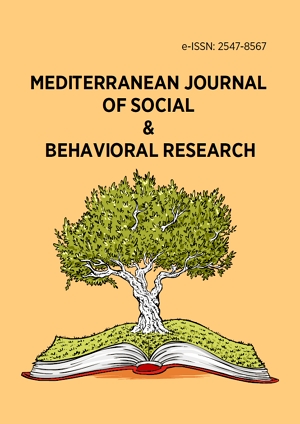Abstract
Background: Test score pollution explains how multifaceted factors affect the truthfulness of a test score interpretation. The pressure to raise test scores has resulted in practices which pollute the inferences we make from these scores. Issues of accurate testing remains relevant in the space of any testing environment in Ghana and beyond. This study explored the different sources of test score pollution considered test preparation practices (teacher factor), test administration situations (testing environment), and external factors (parents and community pressure).
Methods: The study was nested into the quantitative approach using descriptive survey. Basic school teachers (n=353) and parents (n=123) were selected from three districts (South, North and Central Tongu) in the Volta region using G*Power software. A validated and standardized instrument (with alpha coefficient of .783 and correlation coefficient of .823) was used to obtain the data. The obtained data was analyzed using SPSS v.25 and interpreted with linear multiple regression after the data had met all the required assumptions.
Findings: The results revealed that all the predictive factors that is test preparation practices (t=4.73, Sig.=.007, CI95%), test administration situations (t=4.20, Sig.=.006, CI95%) and parents and community pressure (t=2.69, Sig.=.000, CI95%) predicted test score pollution in the selected districts. However, among all the predictor variables, test administration situations (testing environment or conditions) were identified as having much influence on test score pollutions in the districts (R2 =.652, 65.2%, Sig.=.000, ꞵ=.616, CI95%).
Conclusion: The study concluded that due to test score pollution, most test practices in Ghana are not at its optimal best. Clearly, the demand and the pressure to raise test scores results pollute and contaminate the interpretations, inferences and decisions that are made from these test scores.
Keywords
License
This is an open access article distributed under the Creative Commons Attribution License which permits unrestricted use, distribution, and reproduction in any medium, provided the original work is properly cited.
Article Type: Research Article
MEDITERR J SOC BEH RES, Volume 6, Issue 3, October 2022, 85-91
https://doi.org/10.30935/mjosbr/12323
Publication date: 09 Aug 2022
Article Views: 1747
Article Downloads: 1319
Open Access References How to cite this article
 Full Text (PDF)
Full Text (PDF)